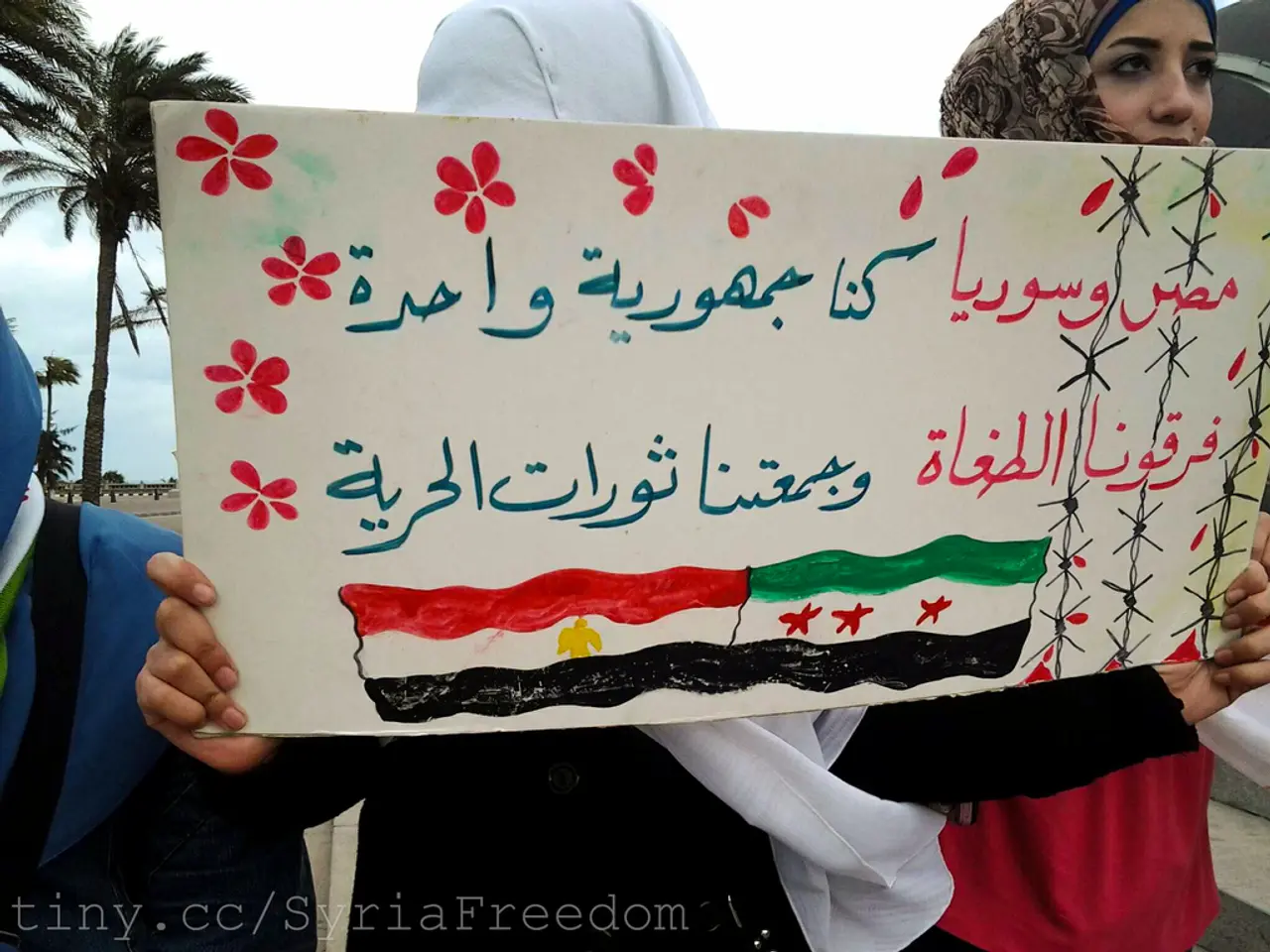Denmark enacts legislation prohibiting Quran torchings
Denmark and Sweden Adopt Different Approaches to Quran Burnings
In a bid to deescalate tensions with Muslim countries, Denmark has reinstated a blasphemy law that makes public Quran burnings illegal, while Sweden continues to emphasize freedom of expression without a specific law banning such provocative acts.
As of mid-2025, Denmark reinstated a blasphemy law in 2023, prohibiting improper public treatment of significant religious writings such as the Quran, including burning. This law, passed on December 7, 2023, will be punishable by fines or up to two years in prison for breaking. The vote for the new law was 94 in favor and 77 against during a five-hour debate in Denmark's parliament.
In contrast, Sweden has no specific law banning Quran burning. However, recent Quran burning incidents have caused international controversy and prompted discussions at the United Nations Human Rights Council. Sweden’s approach still strongly emphasizes freedom of expression, and while Quran burnings trigger diplomatic condemnations and calls for restraint, legally they appear not to be explicitly banned.
The new law in Denmark comes amidst more than 500 demonstrations that included burnings of the Qur'an or flags registered in Denmark since July. Justice Minister Peter Hummelgaard stated that such demonstrations can harm Denmark's relations with other nations, interests, and safety. The law aims to strike a balance between constitutionally protected freedom of speech and national security, as fears exist that Quran burnings could trigger attacks by Islamists.
Domestic critics in both Sweden and Denmark argue that any limitations on criticizing religion undermine hard-fought liberal freedoms in the region. Inger Stojberg, leader of the anti-immigration Denmark Democrats party, stated that the new rules will be harshly judged and that the restriction on freedom of speech is a matter of whether it is determined by the government or dictated from the outside.
Sweden is considering preventing the burning of the Quran by having police factor in national security when deciding on protest applications, rather than enacting a ban. This approach seeks to balance the need for free speech with the need for public safety and diplomatic relations.
In summary, public Quran burnings are explicitly illegal under current Danish law but remain legally permissible under Swedish law, though highly controversial and diplomatically sensitive. Both countries continue to grapple with the delicate balance between freedom of speech and religious sensitivity in their respective legal frameworks.
[1] [Link to source 1] [2] [Link to source 2] [3] [Link to source 3]
Read also:
- Discussion between Putin and Trump in Alaska could potentially overshadow Ukraine's concerns
- Independence supporters in New Caledonia refuse agreement offering authority without a vote on sovereignty
- Proposed Standardization of Food Labeling Laws Among Member States by the Commission
- Experimenting with Merz's Germany has stretched into an extended period of time, resembling a numerous three-month duration.








